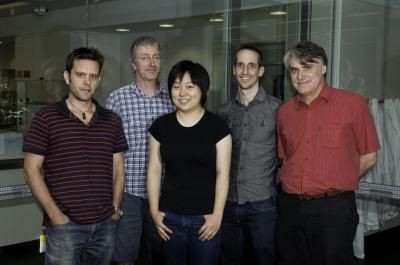Study: Cells May Be More Independent than Expected

Cells may be more independent than previously thought, according to new research.
When cells die, divide, or secrete antibodies, the commonly-held explanation points to external cues like the presence of particular hormones or cell signaling molecules.
In a study from the Walter and Eliza Hall Institute, Prof. Phil Hodgkin, head of immunology at the Institute, say he has new evidence that a cell fates are actually primarily determined by internal processes.
"Each of these internal machines is like a little clock or timer for division, death, what type of antibody they make and whether they become antibody secreting cells," said Hodgkin.
His team worked with Dr. John Markham from National Information and Communications Technology Australia to film immune system cells as they developed and transformed.
In total, 2,500 cells were filmed, and even though they were receiving the same external signals there was a considerable variation in what happened to the cell population.
"A reliable proportion of the B cells would end up with each of the different fates," said Professor Hodgkin. "This suggests that external factors such as hormones or cell signaling molecules were not telling the cells what to do but were altering the probability of what the cells were going to do anyway."
The researchers note that now they hope to create mathematical models that can predict how external signals influence what an immune cell population will do, enabling the design of new immune therapies for autoimmune diseases and improved vaccines.
The findings are published in the journal Science.



























